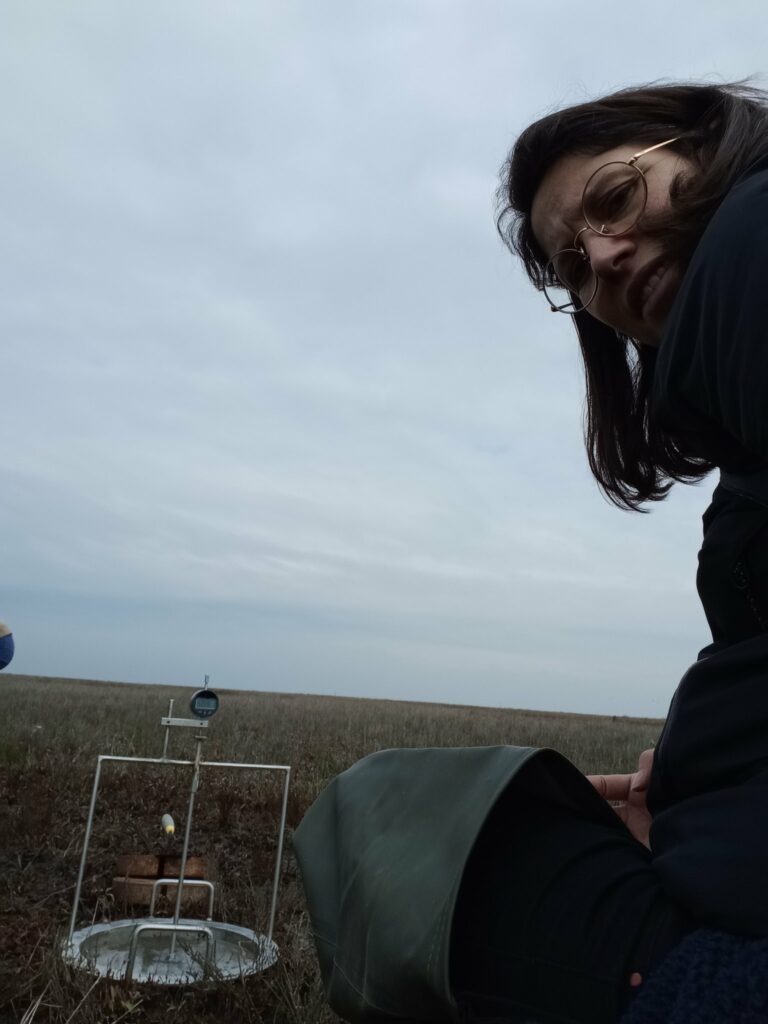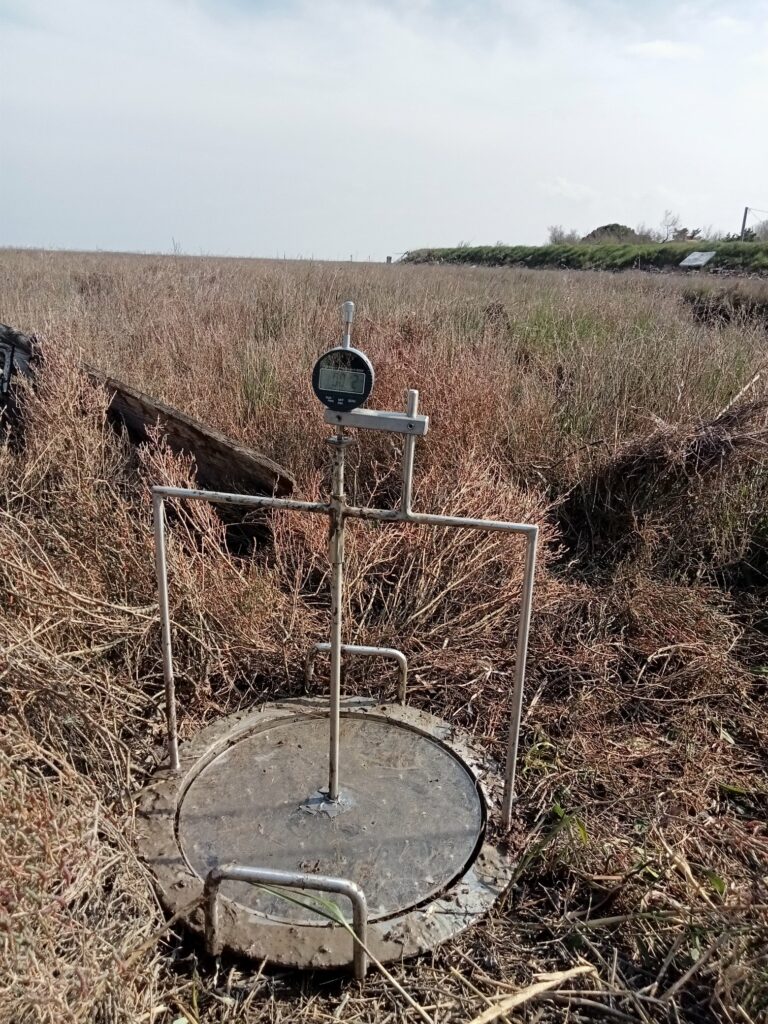The role of Soil-roots Interactions in Sustaining Tidal marsh Elevation against sea-level Rise
The project was funded by the Italian Ministry of University and Research as part of the implementation of the National Recovery and Resilience Plan (PNRR), Mission 4 “Education and Research” – Component 2 “From Research to Enterprise,” Investment 1.2 “Funding of projects presented by young researchers.”
The funding includes the allocation of a research grant for individuals who have obtained a “Seal of Excellence” as a result of participating in Marie Skłodowska-Curie Individual Fellowships and Marie Skłodowska-Curie Postdoctoral Fellowships calls within the Horizon 2020 and Horizon Europe framework programs.
Abstract
Restoration and preservation of coastal wetlands is one of the main targets of the UN Sustainable Development Goals and a priority of the European Union within the Green Deal framework. Among coastal wetlands, tidal salt marshes provide crucial ecosystem services for the well-being of society, including biodiversity, clean waters, storm protection, food supply, and carbon storage. However, salt marshes are lost at an unprecedented rate due to the overwhelming stress caused by human interference and climate change. The resilience of such ecosystems is strictly connected to their elevation with respect to mean sea level. Alterations to this delicate ‘equilibrium’ may induce salt marshes to disappear. Auto-compaction, deep land subsidence, sedimentation decrease, and sea level rise are the main factors contributing to salt marsh drowning. For the first time, the SISTER project aims at deeply investigating the feedbacks among these processes to ultimately fill the scientific gap on the long-term fate of salt marshes under future climate change scenarios. The halophyte vegetation will represent the key linkage between surface and subsurface processes through branches, leaves, and roots. Specific objectives of the project are set to gain new knowledge on the mechanical behavior of soil-root systems in vegetated natural salt marshes and to provide technical advancements for construction of auto-sustainable salt marshes. The proposed solutions are based on the principle of ‘building with nature’ using lesson-learned from natural ecosystems (e.g., via optimal colonization strategies), expecting to foster policymaking plans on coastal preservation. SISTER is a multi/interdisciplinary project that connects different areas of expertise such as hydrodynamics, geomechanics, and wetland dynamics by employing innovative laboratory and field experiments to be integrated within a state-of-the-art modelling framework coupling surface and subsurface dynamics in transitional landforms.
Field activity in the Lagoon of Venice (Italy) at the La Grisa site (March 2023).
A portable test allows to measure compressibility in marshes with different substrate and vegetation to cast light on the role of roots in strengthening the marsh subsoil.

